Assignment Colombo
Indian "interference" or involvement in Sri Lanka between 1983 and 1990 has been generally criticised as "an act of unwarranted intrusion" into a small neighbouring country by India, as a first step aimed at imposing India's "hegemony" on South Asia, an Indian initiative which was based on erroneous political judgement; as "a Vietnam" for the Indian Army', and as a "failure" of India's foreign policy and diplomacy." Ten years have passed since the signing of the Indo-Sri Lanka agreement on July 29, 1987, and seven years since the withdrawal of the Indian Peace Keeping Force in March 1990. There have been changes in governments both in India and Sri Lanka, leading to changes in the policies of both countries. Despite various attempts made by the successors of President Jayewardene, Premadasa and Kumaratunga, to forge a political solution to the Tamil ethnic problem or to militarily overcome the LTTE, the civil war in Sri Lanka continues. Tamil-Sinhala antagonism remains unresolved. J.N. Dixtt, former Foreign Secretary was India's High Commissioner in Sri Lanka from 1985 to 1989. He was an active participant in events leading to the signing of the Indo-Sri Lanka agreement and induction of the IPKF into Sri Lanka. This book is an attempt to put matters in perspective in the context of India's motivation which remain misunderstood. The author feels that the peoples of India and Sri Lanka have a right to know the details regarding the critical events during the years of his assignment in Colombo.
BECOME A MEMBER

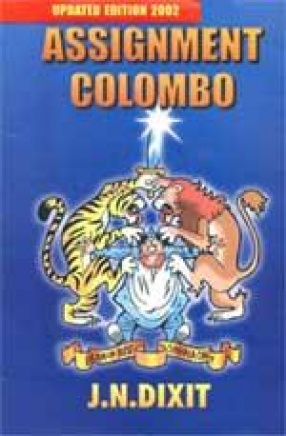

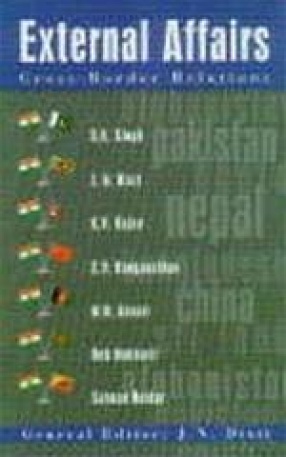
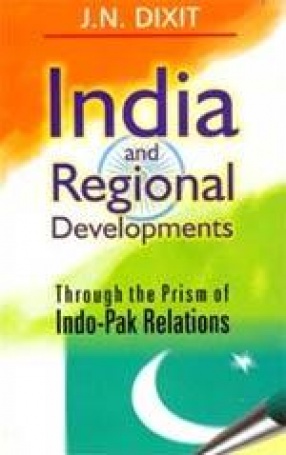
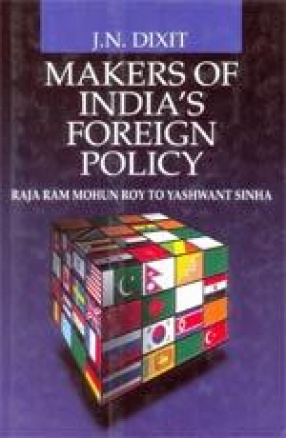
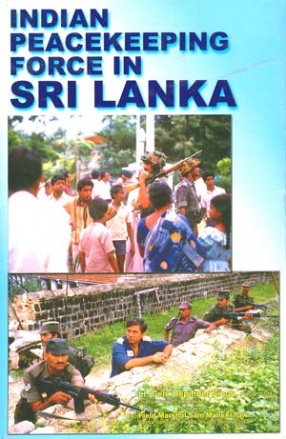
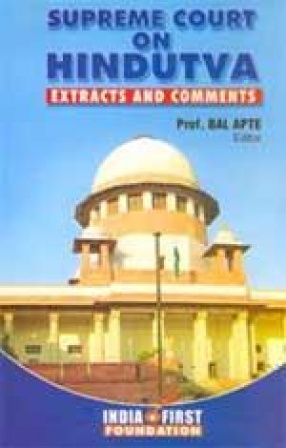



Bibliographic information